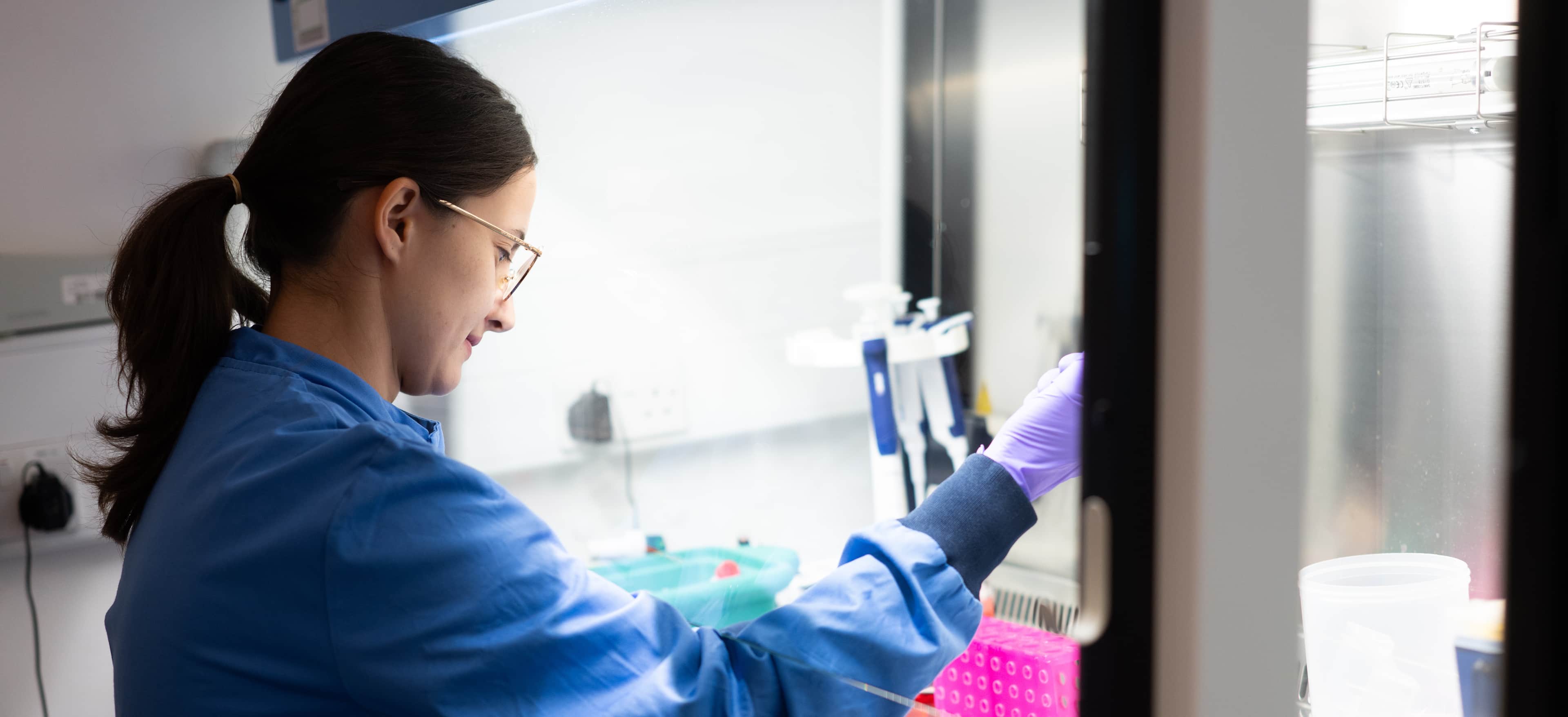
The money you raise for the Race for Life goes towards our work to beat cancer. With no government funding for our research, the money you raise is vital to help us carry out our life-saving work.
On this page you can see highlights of the work we’re doing to prevent, diagnose and treat more than 200 types of cancer. It’s constantly being updated with new stories so do keep checking back.
Find out more about where your money goes
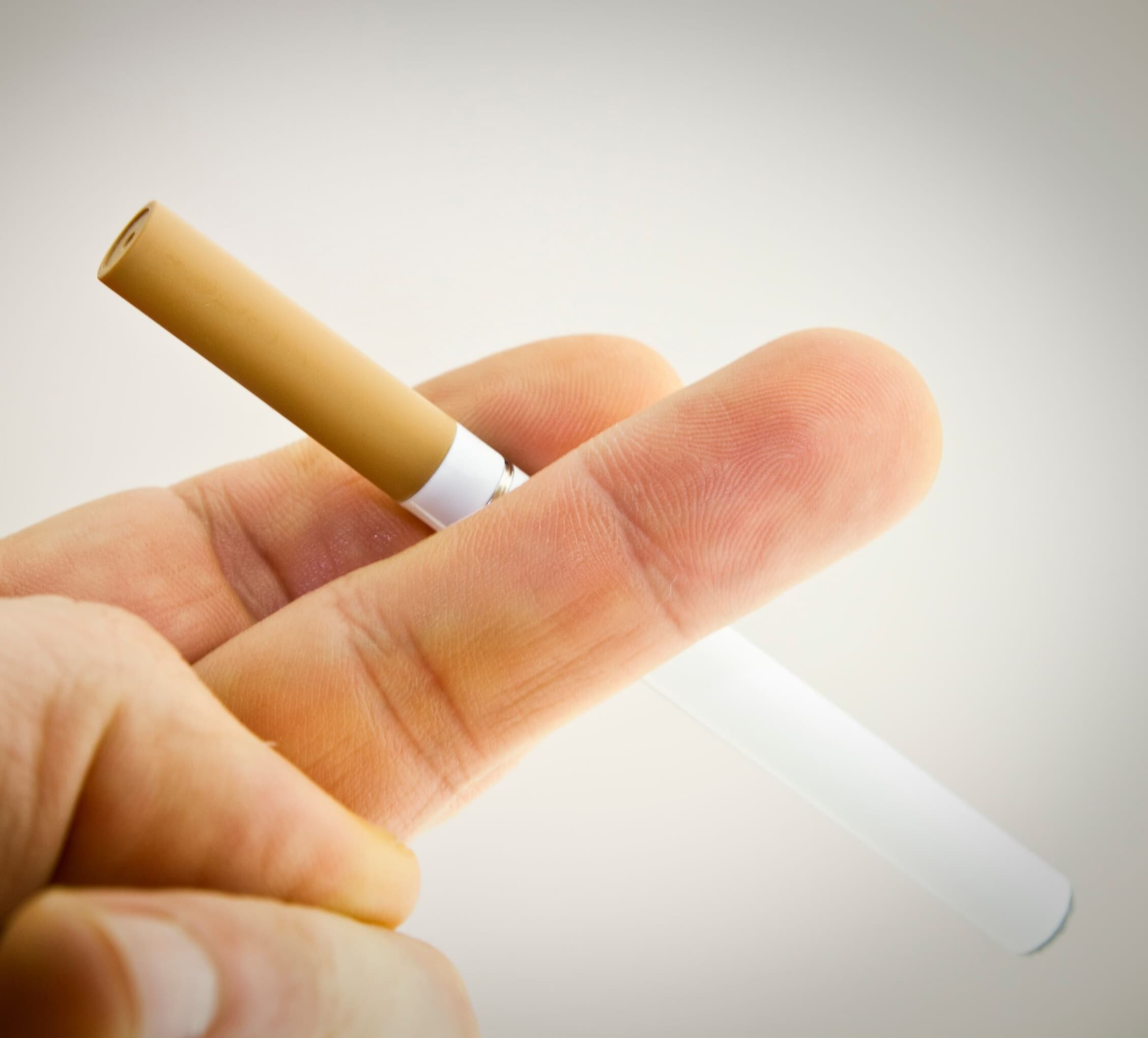
A new report suggests that e-cigarettes are being underutilized by smokers trying to quit. Despite controversy surrounding the safety of the devices, e-cigarettes are 95% less harmful than conventional cigarettes, making them a viable tool to help smokers kick the habit.
“If used correctly, e-cigarettes could be a key weapon in the NHS’s stop smoking arsenal,” said Norman Lamb MP, Chair of the Science and Technology Committee.
The report suggests that misconceptions over the devices could be stopping medical professionals from recommending them.
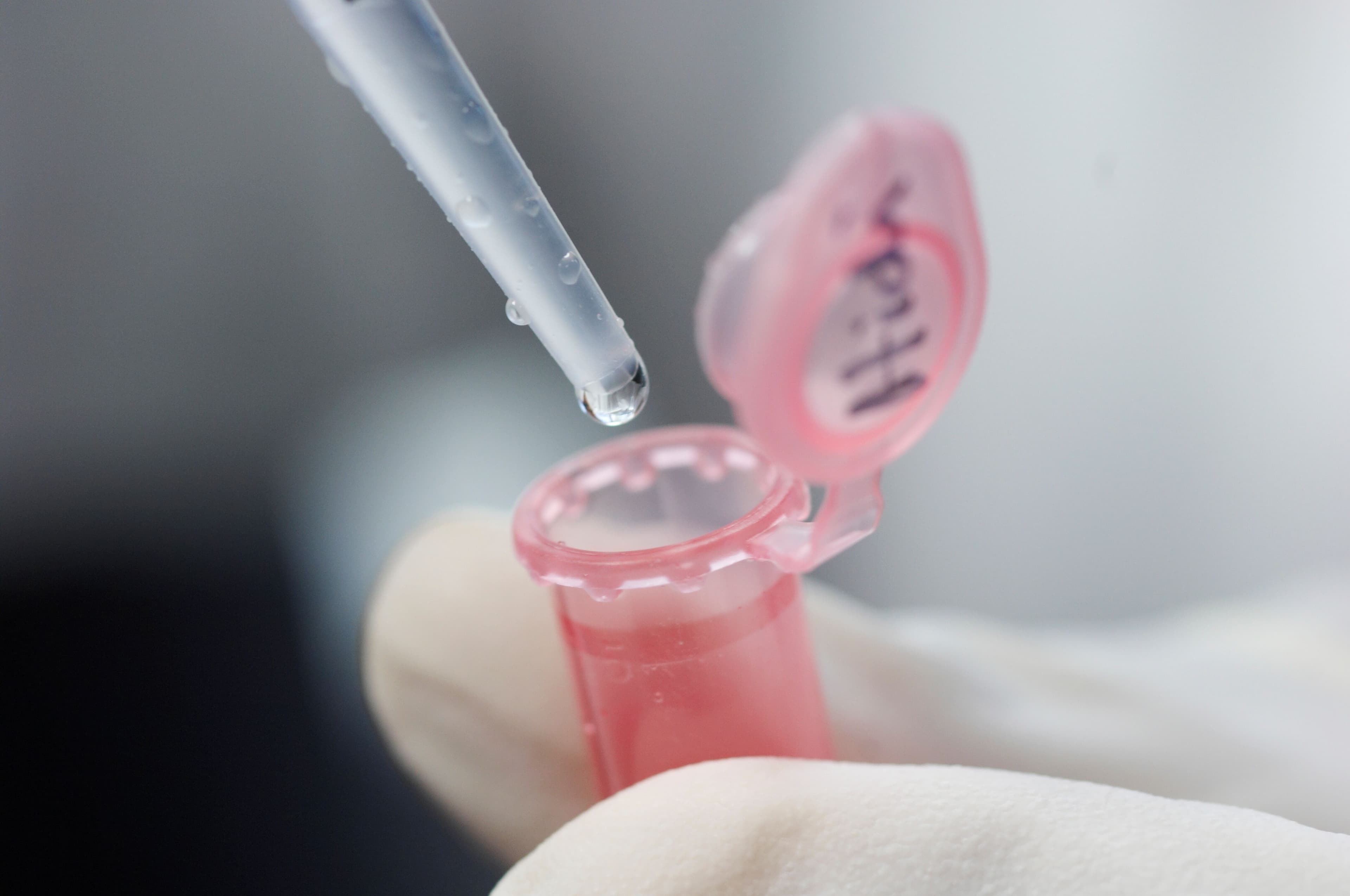
It’s notoriously difficult to remove all the cancerous cells in patients with brain tumours, and the chemotherapy administered after surgery cannot distinguish between healthy cells and cancerous ones, making treatment less effective.
Neurosurgeon Dr Paul Brennan and chemist Professor Asier Unciti-Broceta have come up with a method to tackle this. It involves a harmless implant at the site of the tumour which will ‘switch on’ the chemotherapy drug to target any cancerous cells nearby.

The number of 10-11 year old children classified as seriously obese has never been higher, according to new research by Public Health England. The percentage of children who are ‘severely obese’ has risen from 3% to 4% since 2006 - a worrying statistic, as research shows that obese children are more likely to become obese adults.
In response, Cancer Research UK’s prevention expert, Professor Linda Bauld, called on the government to push forward with its proposed ban on junk food advertising before the watershed.
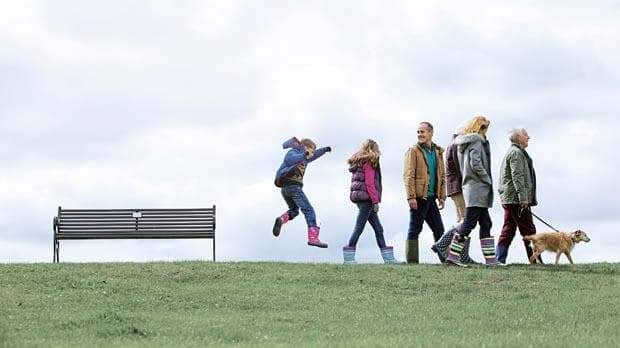
Results from a Cancer Research UK funded trial have shown that a new drug could cut the number of children suffering from hearing loss after chemotherapy by up to 50%.
The drug, sodium thiosulphate, helps those treated for a type of childhood liver cancer, and is a major step towards minimising the long-term side effects of cancer treatment in children.
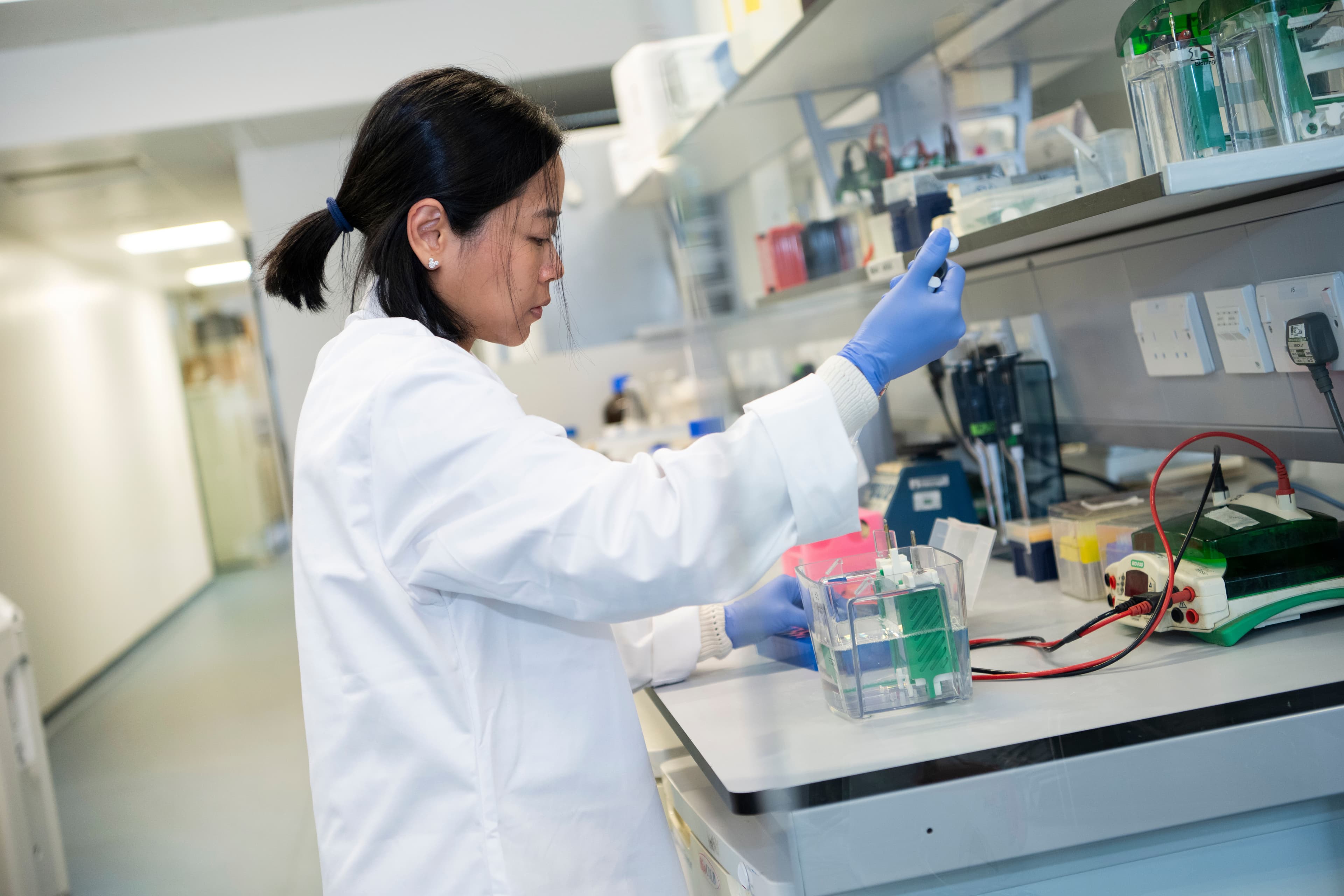
Nearly all cancer deaths are caused by the disease spreading around the body, so finding ways to stop this happening could be a powerful way to stop cancer in its tracks.
Our scientists, based in London and Manchester, have identified a protein that can stop the spread of breast cancer cells by trapping them inside blood vessels.

‘I want to encourage other women to live healthily so that fewer women go through what I went through’.
Our new stats show that rising levels of obesity have contributed to a worrying rise in womb cancer cases.
Hear from Kath Bebbington, who shares her story of getting healthy and losing weight after being diagnosed and treated for womb cancer.
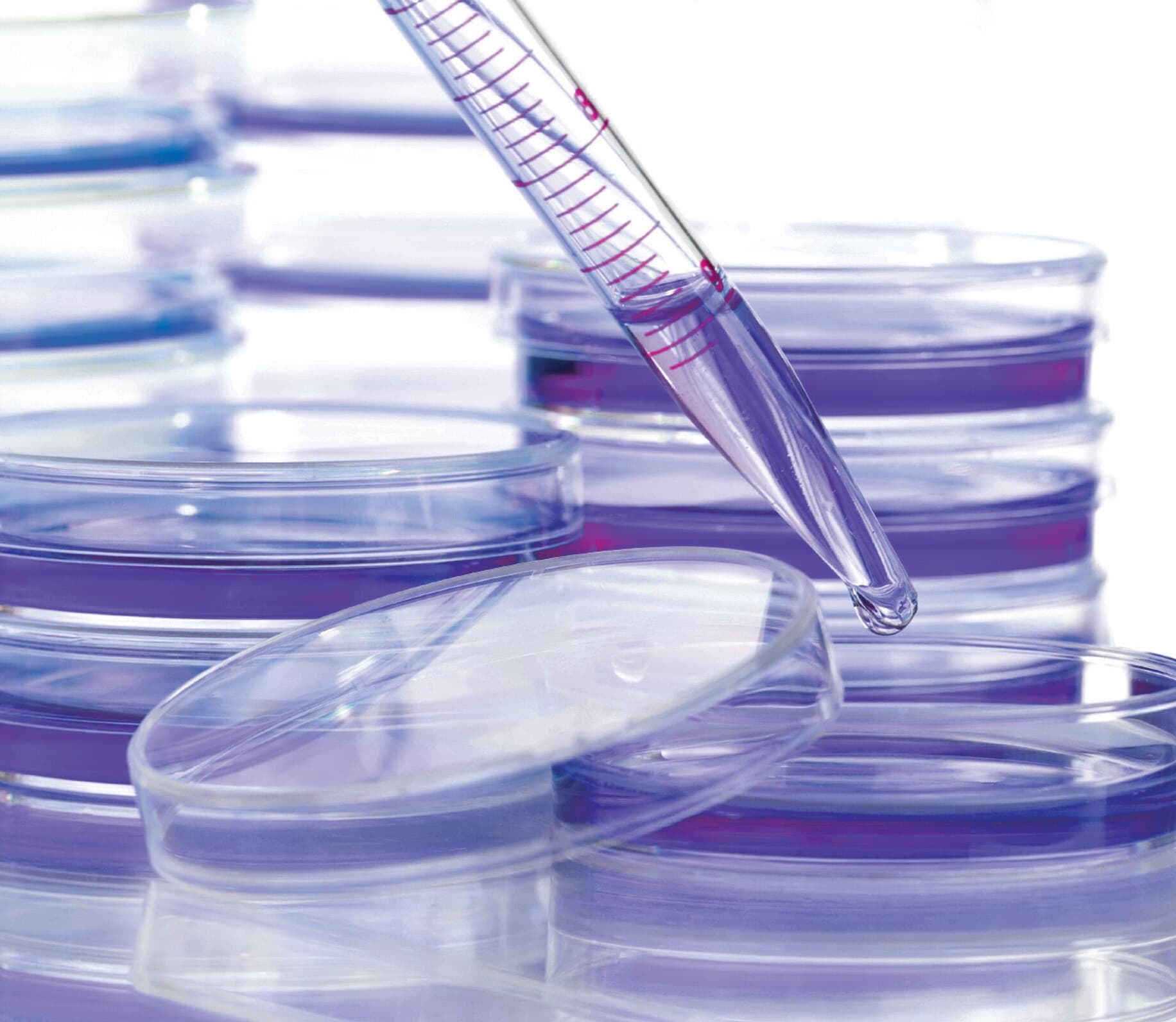
New results from a Cancer Research UK funded clinical trial found that some women’s cancers responded well to a combination of Herceptin and lapatinib before surgery – in some case their breast cancer vanished without a trace.
It could mean that these women wouldn’t need chemotherapy after their surgery.
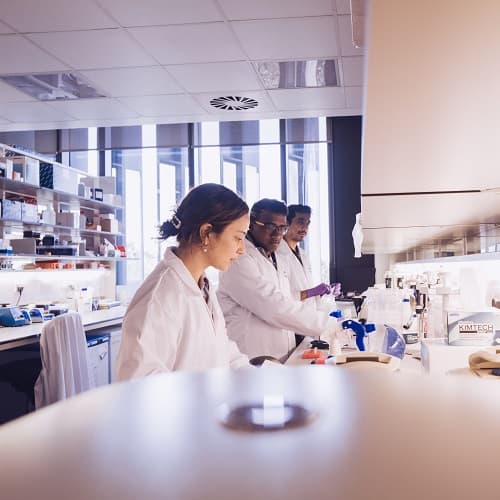
We previously reported that obesity has links to cancer. But how? Why does carrying a few extra pounds, or having ‘cuddly bits’ increase your risk?
We explain how oestrogen production, metabolism and inflammation is affected by obesity, and how this increases your risk of cancer.
In this video, see the research from one of the world's leading childhood brain tumour experts, Professor Richard Gilbertson, explain the ‘perfect storm’ of conditions that can lead to a cell developing into cancer.